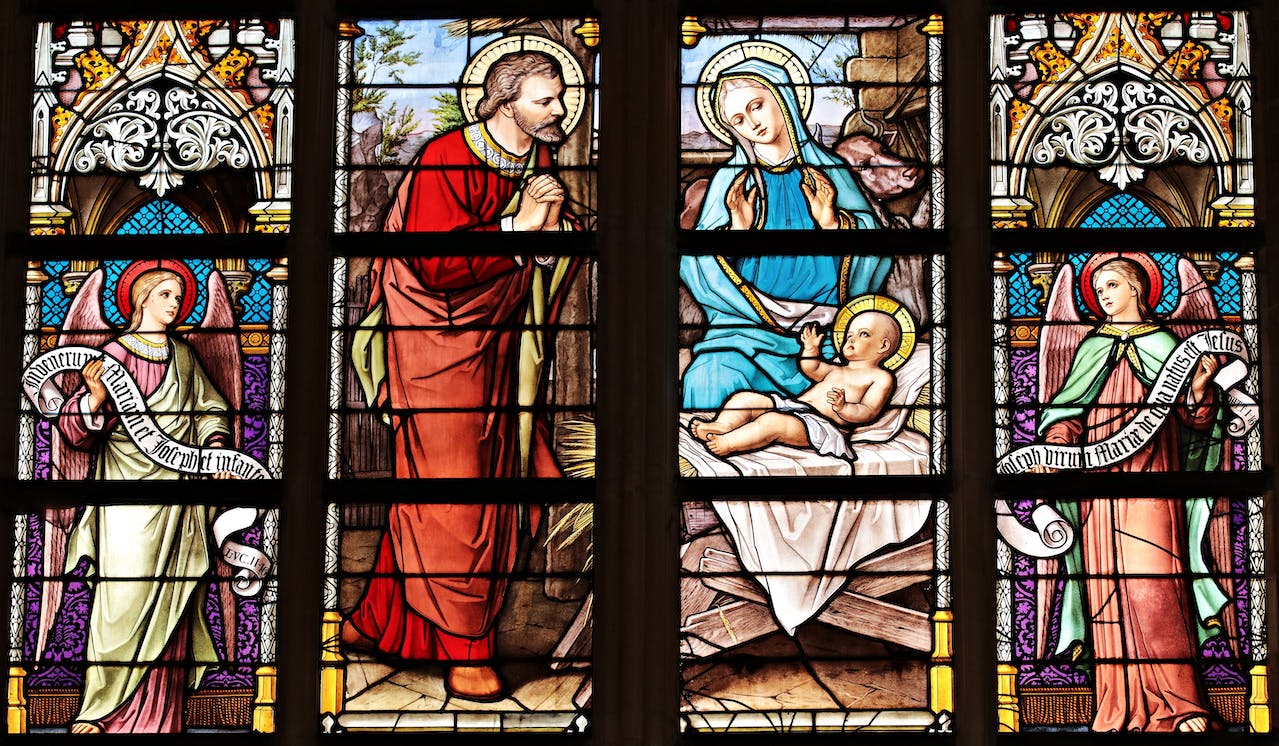Christianity, a globally influential religion with a history spanning over two thousand years, has evolved into a multifaceted tapestry shaped by a myriad of historical events and transformative moments. This comprehensive overview delves into the key epochs and metamorphoses that have molded Christianity into the intricate and influential faith it is today.
The Genesis of Christianity
Christianity finds its roots in the life and teachings of Jesus Christ, who lived in the Roman province of Judea during the 1st century CE. Born in Bethlehem and raised in Nazareth, Jesus embarked on a public ministry at the age of 30. His teachings, emphasizing love, compassion, and the Kingdom of God, challenged prevailing religious norms. It’s essential to recognize that Jesus faced opposition and hostility from the religious authorities of his time, ultimately leading to his crucifixion around 30-33 CE. The crucifixion of Jesus around 30-33 CE marked a pivotal moment in Christian theology. According to Christian doctrine, Jesus’ sacrificial death served as a redemption for humanity’s sins, providing a path to salvation. The subsequent resurrection, as narrated in the New Testament, solidified Jesus as the divine Son of God and the central figure of Christianity.
The Formative Years of the Christian Community
In the decades following Jesus’ death, his disciples and apostles propagated his teachings throughout the Roman Empire and beyond. The Apostle Paul played a crucial role in this movement, embarking on missionary journeys to spread the Gospel to diverse communities. The early Christian community faced persecution from Roman authorities, yet its resilience and message of hope attracted a growing number of converts. Doctrinal Development and
Ecumenical Councils
As Christianity expanded, theological questions arose, leading to the convening of ecumenical councils to address doctrinal disputes. The Council of Nicaea in 325 CE, addressing the Arian controversy, affirmed the divinity of Christ and established the Nicene Creed, a foundational statement of Christian beliefs. Subsequent councils, including Ephesus (431 CE) and Chalcedon (451 CE), delved into issues related to Christ’s nature, shaping the core tenets of Orthodox and Catholic Christianity.
The Great Schism and Denominational Diversification
The Great Schism of 1054 formalized the split between the Western (Roman Catholic) and Eastern (Eastern Orthodox) branches of Christianity. Divergences in theology, church structure, and cultural factors contributed to the schism, resulting in separate ecclesiastical traditions. In the 16th century, the Protestant Reformation spearheaded by figures like Martin Luther and John Calvin challenged the authority of the Roman Catholic Church. This movement birthed numerous Protestant denominations, each with distinct theological emphases. Global
Expansion and Missionary Endeavors
The age of exploration and colonialism in the 15th to 17th centuries facilitated the global spread of Christianity. European powers carried Christian missionaries to Africa, Asia, and the Americas, resulting in the fusion of Christian teachings with diverse local cultures. Missionary efforts aimed to convert indigenous populations, but they also led to the amalgamation of Christian practices with existing beliefs and traditions.
Christianity in the Modern Era
The Enlightenment of the 18th century presented challenges to religious authority and ignited intellectual movements that influenced Christian theology. The 19th and 20th centuries witnessed further diversification within Christianity with the emergence of evangelicalism, Pentecostalism, and the charismatic movement. These movements emphasized personal religious experience, spiritual gifts, and revivalist practices, contributing to the dynamic mosaic of Christian expression.
Christian Persecution and Resilience
A historic overview of Christianity reveals a tumultuous journey marked by periods of Christian persecution and unwavering resilience. What is Christian persecution? It encompasses centuries of challenges faced by believers, from the Roman Empire to contemporary times. Despite adversity, Christians displayed remarkable resilience, sustaining their faith through persecution. This historical narrative underscores the enduring strength of Christianity, as followers persevered and thrived amidst trials, leaving an indelible mark on the world’s religious and cultural landscape.
Conclusion
This historical exploration of Christianity unveils a narrative of expansion, diversification, and adaptation spanning centuries and continents. From its humble beginnings in the Middle East, Christianity has evolved into a global force with a vast array of denominations, traditions, and interpretations. Its journey is marked by pivotal events, theological developments, and interactions with diverse cultures. As Christianity continues to metamorphose, its historical foundation provides insight into the intricate and dynamic nature of this influential world religion.
